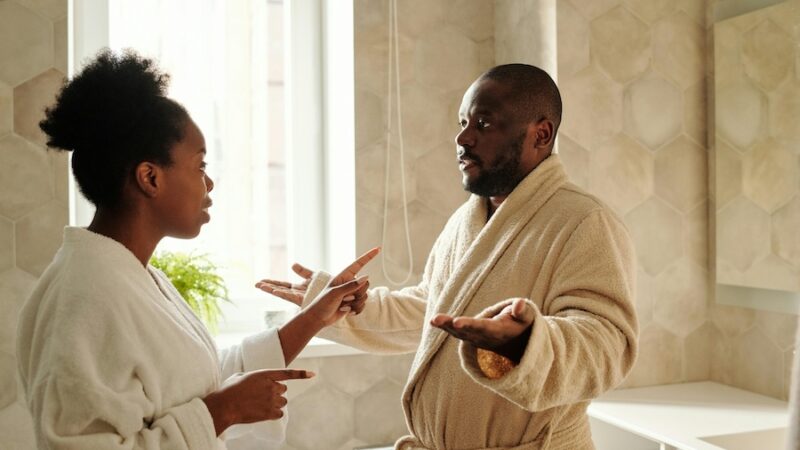
It’s important to have healthy, supportive relationships in your life. At SHAC, we want to ensure your emotional and physical well-being, which includes understanding and addressing any harmful experiences within your relationships.
Recognising harmful relationships
Your sexual partners, friends, and family should treat you with respect, kindness, and consideration. If any of them have hurt you, made you feel upset, frightened, or tried to control you, it may be a sign of a harmful relationship.
Domestic abuse and domestic violence
Domestic abuse can happen in any relationship, regardless of gender, age, or sexual orientation. It includes various forms of behaviour aimed at gaining control and power over another person, such as physical, emotional, verbal, or financial abuse.
You deserve respect and safety
You have the right to be treated with respect and dignity in all your relationships. If you feel unsafe or uncomfortable due to someone’s actions or behaviour, it’s essential to take steps to protect yourself and seek support.
Seeking support and help
If you’re experiencing harm or abuse in any relationship, it’s crucial to talk to someone you trust or seek professional help. You don’t have to face this alone.
Support and resources
Here are some resources and organisations that can help you:
- National Domestic Violence Helpline: Call 0808 2000 247 for confidential support and advice.
- Women’s Aid: A charity working to end domestic abuse against women and children.
- Men’s Advice Line: Call 0808 801 0327 for advice and support for men experiencing domestic violence.
- LGBTQ+ Domestic Violence Helpline: Call 0800 999 5428 for support specific to LGBTQ+ individuals.
- Survivor’s Handbook: A comprehensive guide from Women’s Aid to understand and recover from domestic abuse.
Remember, seeking help is a courageous step towards healing and protecting yourself from harm. You deserve to be in relationships that make you feel safe, valued, and respected.
Our Promise to You: At SHAC, we provide a safe, confidential environment to discuss your concerns. Your well-being is our priority, and we’re here to support you without judgment.
If you have any questions or concerns about your relationships, please don’t hesitate to talk to us. We’re here to listen, support, and help you make informed choices for your emotional and physical well-being.
